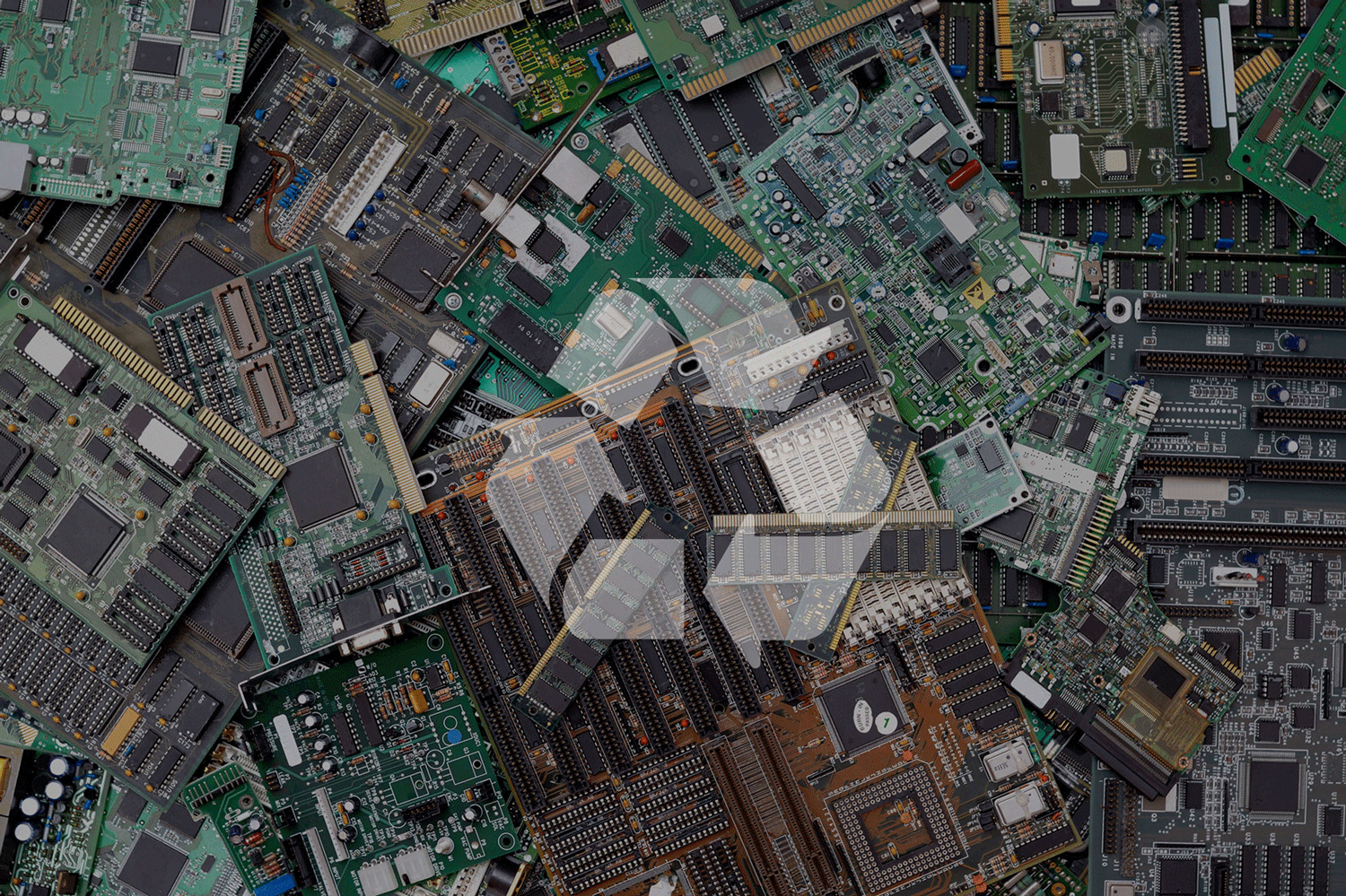At Greentec, we are proud to support the circular economy with our efforts as an electronics recycling company, keeping products and materials in use longer to reduce the amount of waste produced. As part of this vision, we are working towards embodying the modern recycling plant, featuring efficiency through innovation and the development of new technologies.
Through our research partnership at Conestoga College, we are able to explore our vision of what this plant looks like and develop the innovations that would bring it to life. Innovations like automation and robotics that can improve Greentec’s ability to recover commodities and reduce waste.
Since the early days of our partnership, we’ve been bringing ideas to Conestoga to develop modern solutions. One of these is the mini robotic cell called Project Lexi, now installed and in operational trial at the Greentec facility.
A robotic cell is a complete system that includes the robotic mechanism that performs the task, controls and safety equipment that contains the cell.
Achieving automation through robotics is increasingly common in today’s factories and plants, but there’s nothing out there quite like Lexi. Most robotic cells are designed to build products, not take them apart.
Lexi was developed specifically to solve one of the issues we face at Greentec: hard drive recycling.
The Problem: Dismantling Hard Drives
Recycling hard drives involves a lot of manual labour. The drives need to be unscreened and taken apart to recover valuable commodities, a time-consuming process. If the materials are shredded by machine, it’s more difficult to retrieve commodities as they get caught up in screens and shredder blades alongside other, less valuable materials.
Further complication comes from the sheer volume of drives we process each month: up to 8 tons. We needed a way to improve this process and allow us to continue contributing to the circular economy through commodity recovery.
The Solution: Automation Designed to Help Recover Materials
By zeroing in this specific problem, we were able to work with Conestoga College for a concept that could allow us to take on recovery in a more pure sense.
Project Lexi improves our efficiency by allowing us to dismantle a hard drive in less than a minute and recover all components of the drive, specifically precious metals and rare earth materials. This eliminates the need for manual dismantling, allowing us to process even more of the hard drive volume we take in each month.
This was an important consideration as recovering materials already available contributes to our vision of the circular economy. By reclaiming precious metals and rare earth materials that have already been produced, fewer need to be sourced. This allows us to reuse finite resources to reduce the need for raw materials.
Conclusion
Now more than ever, recycling efforts are critical for environmental health. To truly realize our vision, we need to continue developing innovative approaches like Project Lexi, enabling us to do more in our mission to lead the circular economy with secure and cost-effective environmental solutions.
Connect with us at Greentec on Facebook, Twitter, Instagram and LinkedIn to learn more about our services and stay up to date with our mission.






